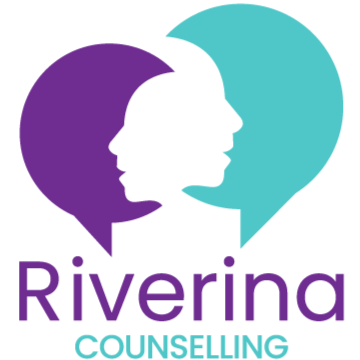What is psychosocial disability?
I often get a lot of emails around what psychosocial disability is, and I think the confusion is warranted with more awareness around mental health conditions and their impact on daily functioning, our relationships and even our sense of who we are and even our own identity. Psychosocial disability can be several conditions from anxiety, depression, schizophrenia, personality disorder, schizoaffective disorder, post-traumatic stress and more.
Psychosocial disability affects many Australians and often those in more rural areas such as Cowra, Dubbo, Orange, Parkes and Forbes can struggle more due to a lack of local services and the stigma that often still surrounds mental health. This often means people who are in more isolated parts of Australia can be affected due to less face-to-face supports, such as support work, to help manage the debilitating impacts the person with the condition must live with.
It should also be noted that many with Psychosocial disability also often suffer other health issues at the same time. This can be things from Autism to chronic illness such as chronic fatigue or diabetes. This can often further complicate things are more barriers are faced and less support locally to properly address these issues, as many go without care. We also acknowledge there can be limits to what therapy can achieve due to the difficulties with systemic issues and supports in regional Australia.
Due to this I support several rurally isolated (and even those in cities) people who struggle with these conditions. Therapy aims to do several things, such as manage issues with thought of self-harm and suicide ideation, aim to find ways to manage daily functioning, teaching strategies to manage ourselves in tough situations. Even just connecting with someone through telehealth, such as through their NDIS plan, can be a good way to begin accessing support.
Matthew also has lived experience of disability himself with learning and physical health. This can be extremely useful as many clients feel like they are talking to someone ‘who gets it’. An important aspect to that is also being aware of the limitations of therapy, as we cannot always fix everything. However, it can make it easier to manage and cope, as well as exploring new perspectives on things that may help. This can be things like pain management using pain techniques, breaking down and managing the day, coping with transitions and changes as illness progresses, such as multiple sclerosis and much more.
We try ‘to meet people where they are at’. This means we work with you in a way that aims to understand your needs and then approach working together from a shared understanding and starting point.

